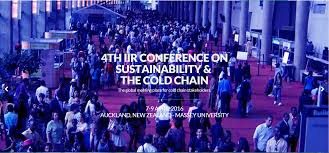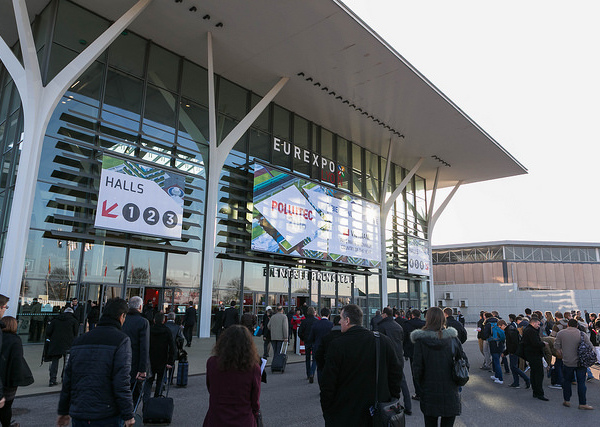CARRIER ORGANIZES A SUMMIT TO REDUCE FOOD WASTE
LONDON – More than 800 million people in the world go to bed hungry, while a third or more of all food products will never be consumed due to spoilage and waste, according to the Organization of the POWER and AGRICULTURE of the UNITED NATIONS.
In the context of the World Food Day and in response to this news, CARRIER has organised a summit. The world leader in high-tech refrigeration solutions is organising its first “World Summit of the Cold Chain to Reduce Food Waste” in London on 20th November 2014. Carrier is part of UTC BUILDING & INDUSTRIAL SYSTEMS, a division of UNITED TECHNOLOGIES (NYSE: UTX).
This conference will bring together world leaders in academia, government and business to discuss food waste in emerging and developed countries. Participants will identify the necessary measures to accelerate the advancement of cold chain technology and the development of related policies.
Among the main speakers will be Philippe Cousteau – environmentalist and grand-son of the underwater explorer Jacques Cousteau – and Seaver Barton, companion of NATIONAL GEOGRAPHIC and the health director of the Sustainable Food Program at the HARVARD SCHOOL OF PUBLIC HEALTH.
The cold chain, including marine refrigeration containers, trucks and trailers refrigeration and refrigeration of food, helps ensure the freshness of the global food from production to consumption. “With new technology and practices of effective cold chain, significant progress can be made to reduce global CO2 emissions, improve cross-border economic activity and help reduce hunger,” said Mr. DAVID APPEL, President of CARRIER TRANSICOLD and refrigeration systems. “We are proud to organise and engage experts in all private and public sectors to work together to develop workable strategies to reduce food waste.
“A cold green chain is a key strategy not only for extending the food supply, but also to reduce the significant emissions from food waste each year,” said Mr. JOHN MANDYCK, head of sustainable industrial systems building at UTC. “If food waste was a country it would be the third largest emitter of greenhouse gases. We can meet the food needs of a growing world with a simple equation. Less waste and feed more with considerable benefits for the natural environment”
NOTTINGHAM University Researchers will also speak at the summit. They will make conclusions that will be part of a new global research project sponsored by UNITED TECHNOLOGIES. The research focuses on the transport, storage and refrigeration systems retail display for perishable foods such as meat, fish, vegetables and dairy products, between producers and consumers in developed and emerging countries.
“The issues that contribute to the loss of food between developed and emerging economies vary widely,” said Professor TIM FOSTER, University of NOTTINGHAM. “Faced with significant challenges in energy and transport, emerging economies are essential for efficient infrastructure in the cold chain. Food waste in developed countries is often a related behaviour to that situation. For example, a concern for the aesthetics of food leads to a consumption decrease of approximately 20%, but does not necessarily entails the loss of beautiful fruits and vegetables”.
“We know that by a greening of the cold chain”, we can have a better management of the global food supply with the technologies of the existing cold chain. We can help reduce food waste to feed more people and significantly reduce the carbon footprint associated with the production and supply of food”, said Appel.”That’s what really motivates us to reach a higher goal and make life better for all people around the world”.















